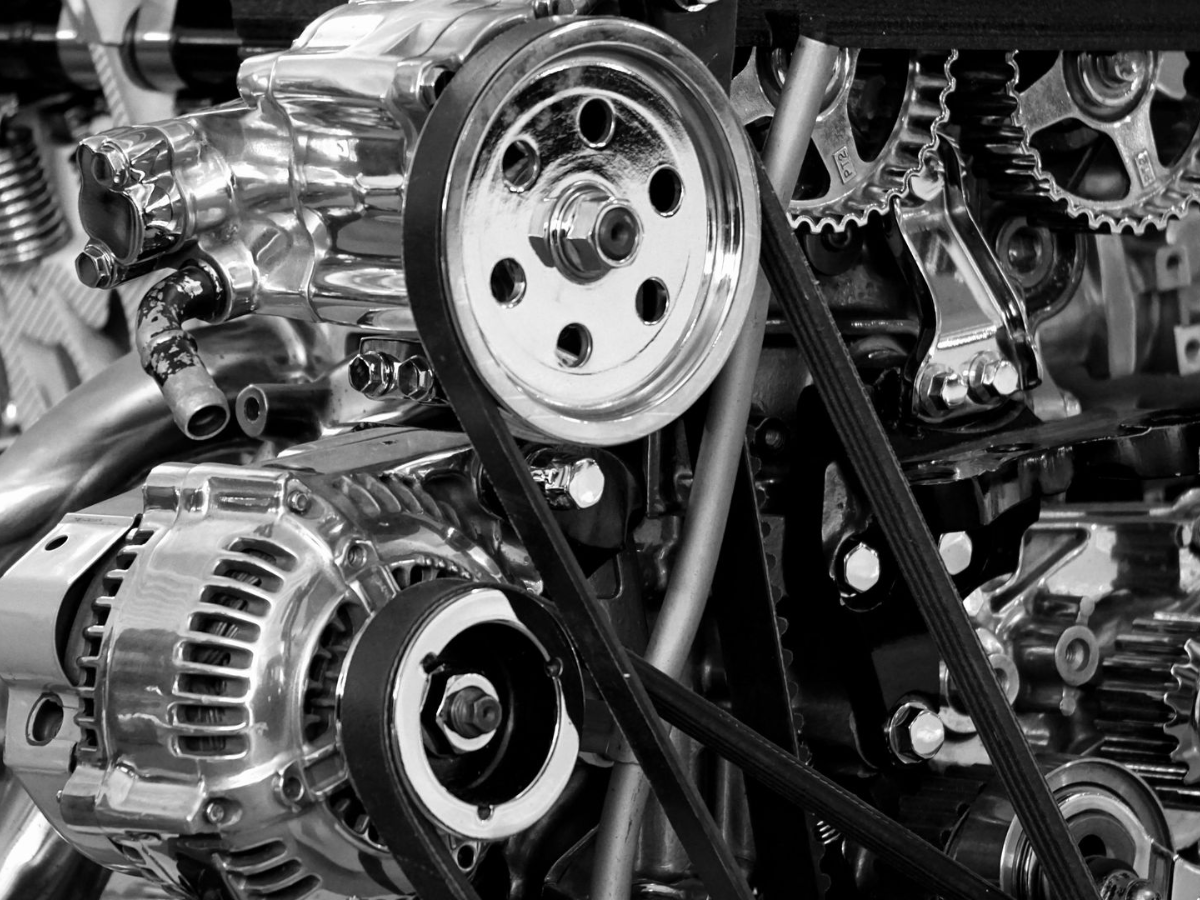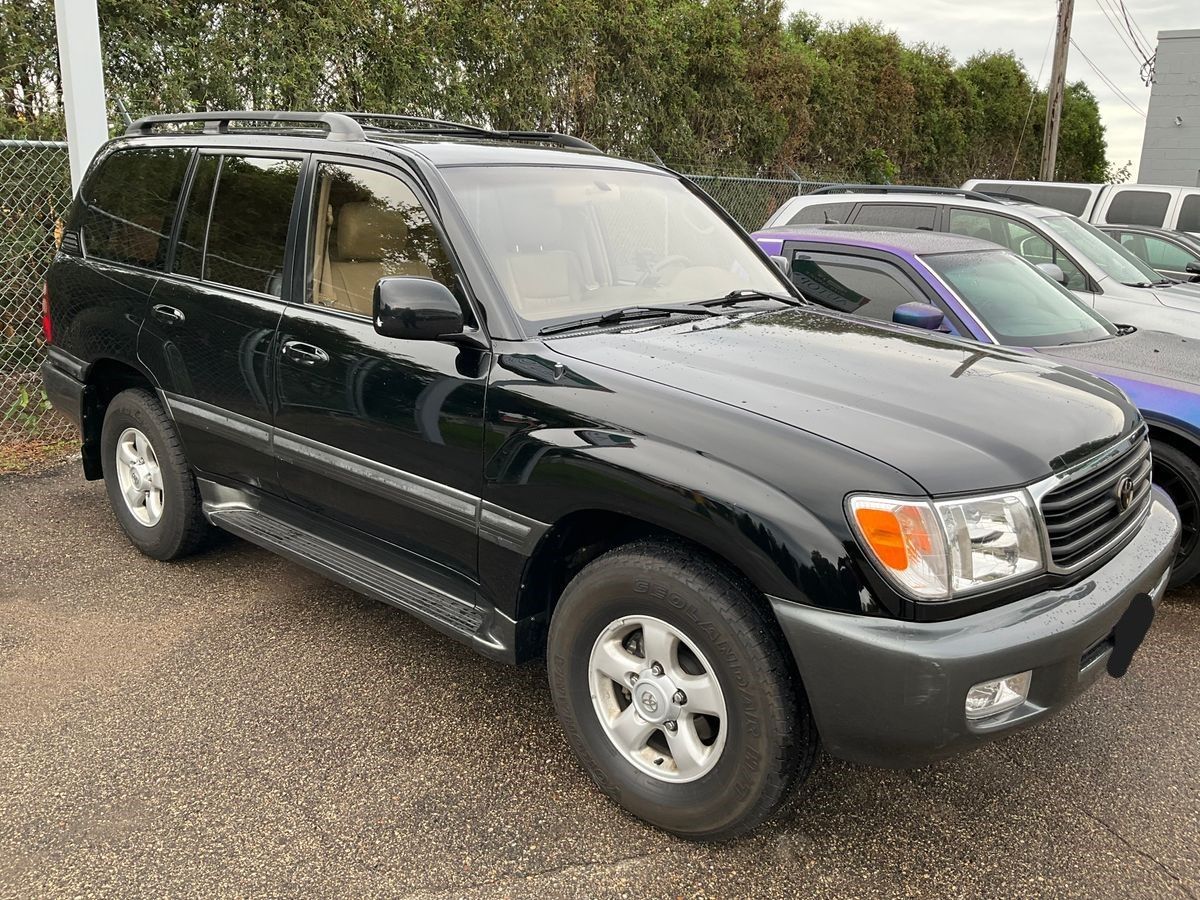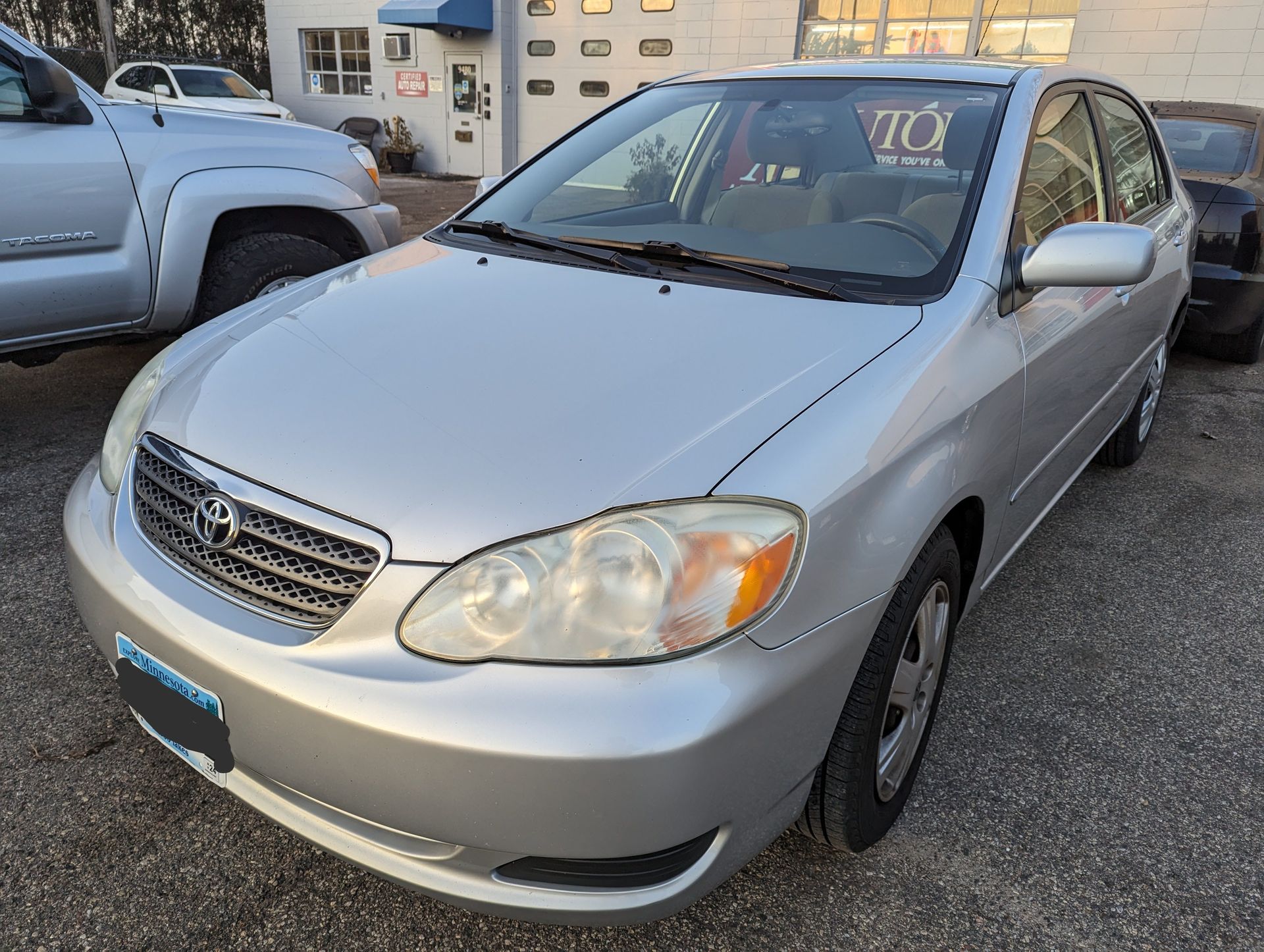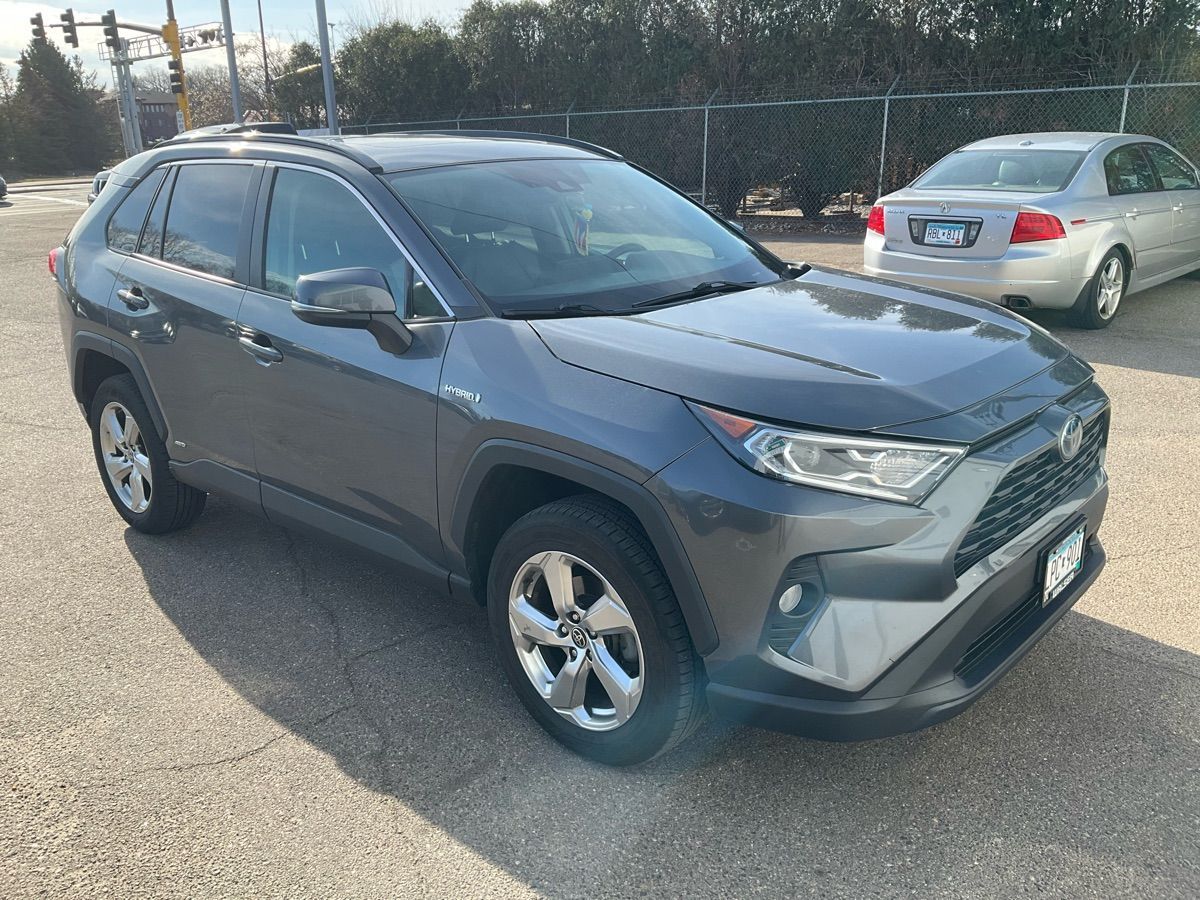Blog #121: Transmission Repair in Bloomington: Signs Most Drivers Miss Until It’s Too Late
Blog #121: Transmission Repair in Bloomington:
Signs Most Drivers Miss Until It’s Too Late

At
Autopia Bloomington, one of the most common (and costly) issues we see drivers face is transmission trouble. The scary part? Most people don’t realize their transmission is failing until it’s too late—leaving them with a car that won’t shift, unexpected breakdowns, or thousands in repair costs.
Your transmission is what keeps your vehicle moving. It transfers power from the engine to the wheels, allowing smooth acceleration and gear changes. Without a properly working transmission, your car is essentially useless. That’s why knowing the
early signs of transmission trouble is critical for Bloomington drivers.
In this guide, we’ll cover the
common warning signs, why they’re often overlooked, and what you should do to protect your car (and your wallet).
Why Transmission Problems Are Easy to Miss
Unlike an oil leak or flat tire, transmission issues aren’t always obvious. They tend to start small, with subtle changes in how your car drives. Many drivers chalk these signs up to “just getting older” or “driving quirks.”
But ignoring these early warnings can lead to:
- Complete transmission failure
- Breakdowns in the middle of traffic
- Repair bills costing $2,000–$5,000+
At Autopia Bloomington, we’ve seen countless cases where catching the problem early would have saved drivers thousands.
7 Signs of Transmission Trouble Most Drivers Ignore
1. Slipping Gears
If your car feels like it’s suddenly changing gears on its own or struggling to stay in gear, that’s a red flag. A slipping transmission can make your vehicle unpredictable and unsafe.
2. Delayed or Rough Shifting
Do you notice a hesitation or jerking motion when shifting from park to drive, or between gears? Smooth shifts are key—anything less signals a problem.
3. Strange Noises
A healthy transmission should be quiet. Grinding, whining, or clunking sounds often mean your transmission fluid is low, contaminated, or there’s internal wear.
4. Burning Smell
A burnt odor could mean your transmission is overheating, often caused by old or insufficient fluid.
5. Leaking Transmission Fluid
Bright red or dark brown fluid under your car is a classic sign. Transmission fluid is essential for lubrication and cooling—if it’s leaking, your transmission is in danger.
6. Dashboard Warning Lights
Modern vehicles have transmission warning lights. If your check engine light or transmission light comes on, don’t ignore it.
7. Poor Acceleration
If your car feels sluggish, struggles to pick up speed, or revs high without accelerating, transmission trouble could be to blame.
What Causes Transmission Problems?
Transmission issues can come from several sources, including:
- Low or dirty transmission fluid (most common cause).
- Worn clutch components (manual or automatic with dual-clutch).
- Damaged torque converter.
- Broken solenoids or sensors.
- Normal wear and tear over time.
The good news? With proper maintenance at Autopia Bloomington, most of these problems can be prevented or fixed early before they turn into costly disasters.
Why Bloomington Drivers Shouldn’t Delay Transmission Service
Delaying service might seem like a way to save money now, but it often costs more in the long run.
- Early fixes are cheaper – Replacing fluid or a solenoid is much cheaper than replacing the entire transmission.
- Prevents breakdowns – Transmission failure often leaves cars stranded.
- Extends vehicle life – A healthy transmission means your car will serve you longer.
Think of it this way: routine transmission checks are like insurance against a $5,000 repair bill.
How Autopia Bloomington Fixes Transmission Problems
When you bring your car to us, our ASE-certified technicians use advanced diagnostics to:
- Inspect transmission fluid for proper level and quality.
- Check for leaks and worn seals.
- Run computer diagnostics to identify internal issues.
- Test drive your vehicle to feel how it shifts in real-world conditions.
- Recommend the right fix—whether it’s a fluid flush, filter replacement, or repair.
Our goal is always to save you money by catching problems early, not waiting until you need a full transmission replacement.
FAQs About Transmission Problems
Q: How often should I change my transmission fluid?
A: Most vehicles need a transmission fluid change every 30,000–60,000 miles, but always check your owner’s manual. Autopia Bloomington can advise based on your car’s make and model.
Q: Can I drive with transmission problems?
A: Driving with a failing transmission is risky—it can leave you stranded and cause permanent damage. It’s best to have it checked right away.
Q: How much does transmission repair cost?
A: It depends on the issue. Minor fixes can be a few hundred dollars, while replacements cost thousands. That’s why early detection is key.
Q: What’s the difference between a transmission flush and a fluid change?
A: A fluid change replaces only some of the old fluid, while a flush replaces nearly all of it and cleans the system. We’ll recommend what’s best for your car.
Q: What’s the lifespan of a transmission?
A: With proper care, many transmissions last over 150,000 miles. Skipping maintenance drastically shortens their lifespan.
Don’t Wait for Transmission Failure—Visit Autopia Bloomington Today
Transmission problems rarely fix themselves. The longer you wait, the worse (and more expensive) they get. If you’ve noticed slipping gears, rough shifting, or mysterious noises, now is the time to act.
At
Autopia Bloomington, we specialize in diagnosing and repairing transmission issues for all makes and models. Our expert team is here to keep your car running smoothly and your transmission in top condition.
Don’t wait until it’s too late—schedule your transmission inspection at Autopia Bloomington today and drive with peace of mind.












